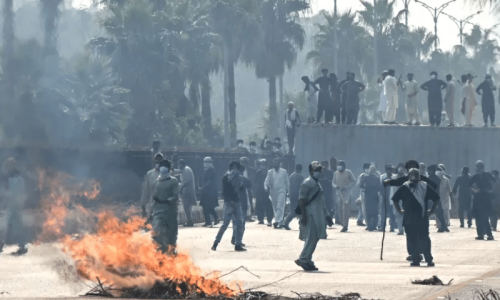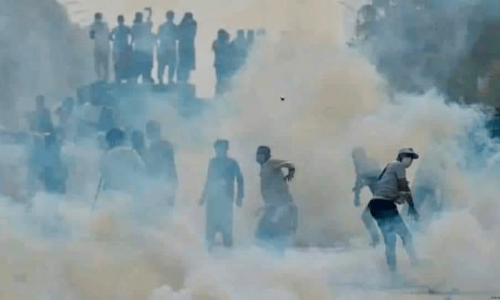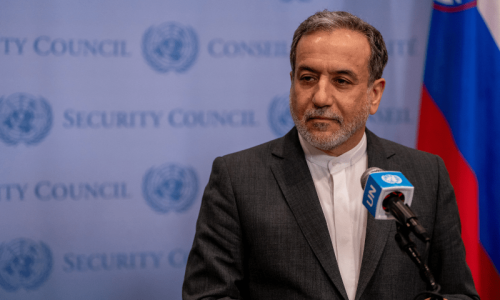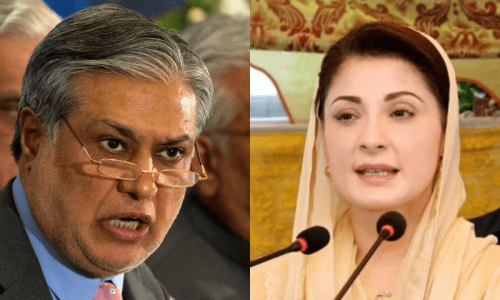THE moral anxiety ailing much of society on the idea of equal rights has turned the nikahnama into a tangled web of social mores and rabid patriarchy. Hence, women, mostly oblivious to clauses of right to work, divorce with mehr, parity in domestic finances, etc, sign away all privileges. This week, the Diagnostic Study of Nikahnamas in Punjab: A Review of Women’s Marriage Rights revealed shocking statistics — 86pc of Lahore’s marriage registrars believe “brides not competent enough to negotiate terms of the nikahnama”, 85pc foresee a spike in divorce rates if the right to divorce is granted to women and 92pc agree that the right to maintenance is determined by “obedience to husband”. As few as 8pc “included the right to monthly allowance” and a mere 2pc gave the right to divorce to wives.
These figures are evidence of the mass hostility towards women’s liberties. Experts confirm that the more significant clauses — 17 to 21 — are often crossed out by the qazi or both families, making it harder for the woman to be independent or seek divorce. The sections’ application converts a marriage deed into an instrument of protection and equity. From permitting partners to add their ‘conditions’ at the time of marriage and even later, stating “if the husband has given the right of delegated divorce to his wife” to shielding the woman from polygamy, these imperil clerical dominance and patriarchal power. As a result, a marriage contract cannot contend with religio-social declarations founded on patriarchal notions and misinterpretation of a man’s position in a marriage. It is high time politicians, activists and lawyers backed their words with action so that women can exercise agency to secure their rights. For starters, they have to dispel deep-rooted misogynist exigencies by sensitising males — clerics, community elders, kin and young men — about a woman’s freedoms preserved in religion and the law. The path from thought to realisation, whereby women can claim and exercise their entitlements, is possible only if engagement, awareness and education initiatives are paramount. Our oppressive history shows us the necessity of such a shift; it augments a woman’s influence, which has a beneficial ripple effect in multiple areas of society, such as a productive, cohesive workforce and a gentler environment. This is reason enough for the story of our society to not be short on empathy and equality.
Published in Dawn, August 10th, 2023











































Dear visitor, the comments section is undergoing an overhaul and will return soon.